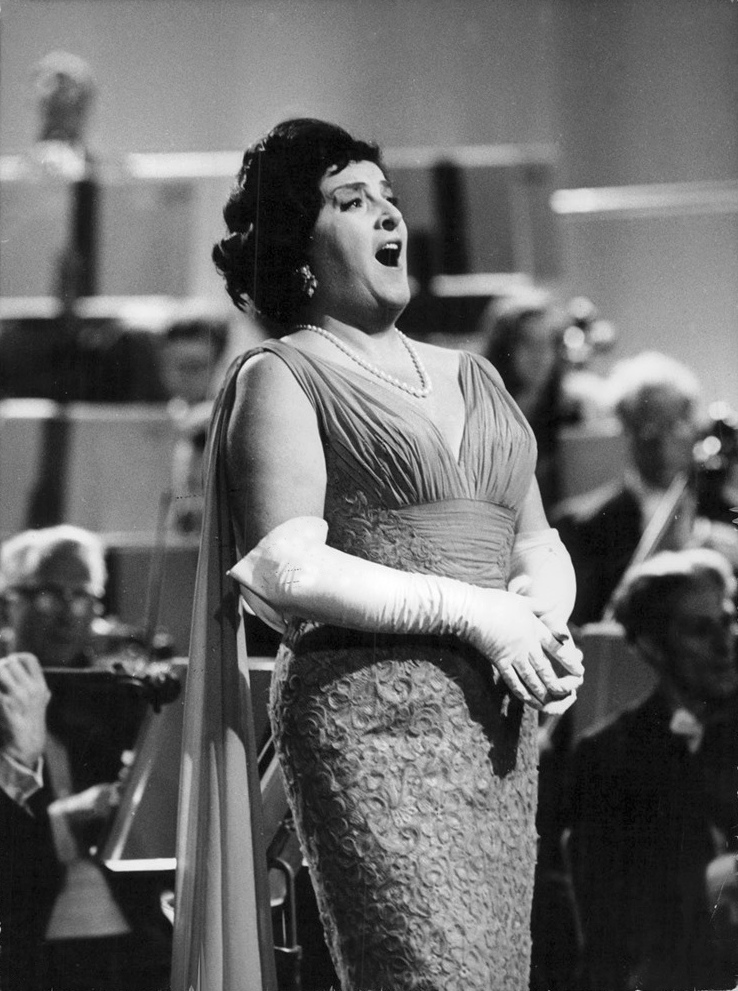Birgit Nilsson (1918-2005)
Birgit Nilsson was a Swedish soprano who performed in the world’s top opera houses and festivals, noted particularly for her roles in Wagner (especially Isolde in Tristan and Isolde), Puccini (Turandot), and Richard Strauss (Elektra). She is considered perhaps the best Wagnerian soprano of her time.

Nilsson was born and died in the province of Skåne, Sweden. A farmer’s daughter, she rose to international renown, but kept her earthy, anchored sense of identity. She studied in Stockholm (1941-46) and debuted there as Agathe in Carl Maria von Weber’s Der Freischütz (The Marksman, 1946). She did not perform outside of Sweden until 1951, when she sang in a concert in Berlin, followed by the Wagner festival in Bayreuth and the Munich and Vienna operas in 1954. Further international successes followed, including a 1956 debut in San Francisco, 1957 in London, and 16 seasons with the Metropolitan Opera in New York City. Her first performance at the Met, as Isolde in 1959, landed on the front page of the New York Times. She remained beloved in Germany well beyond her career.
She was the quintessential Wagnerian soprano: her voice was incredibly massive but pure; her vocal stamina was legendary. Additionally, Nilsson displayed an astonishingly skilled coloratura, requiring high range and much vocal ornamentation, as Donna Anna in Mozart’s Don Giovanni. Her interpretations of opera and art songs grew in dramatic authority as she matured.
After nearly 40 years on stage, Nilsson ended her opera performance career in 1982 as Elektra in Frankfurt, thereafter limiting herself to well-received master classes and song recitals. Her childhood home in Svenstad is now a museum dedicated to her life.
Further reading:
- D. Blum, ‘The farm girl and the stones: Profile of the singer Birgit Nilsson’, in D. Blum, Quintet: Five journeys toward musical fulfillment (Ithaca, NY; Cornell University, 1999).